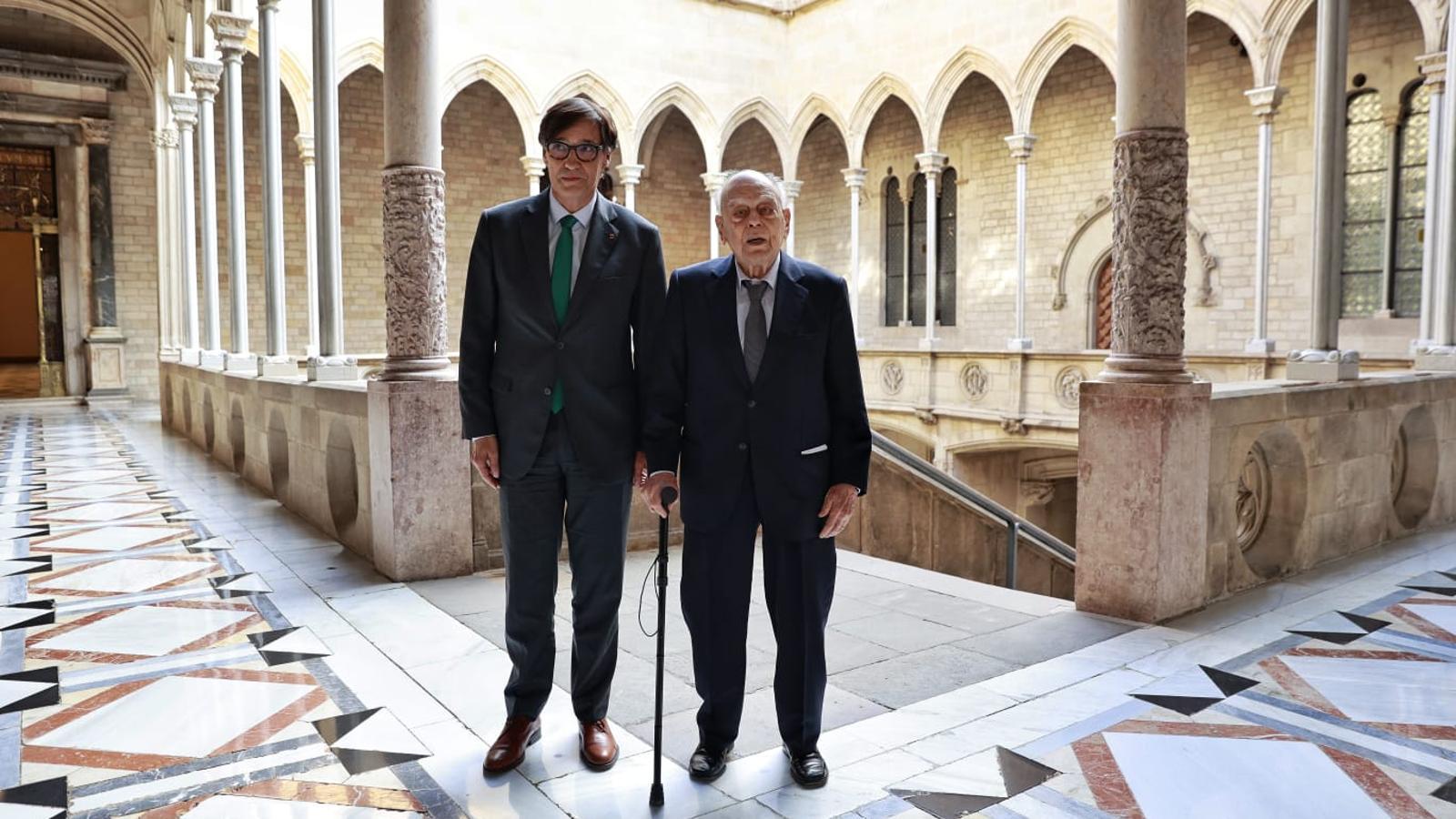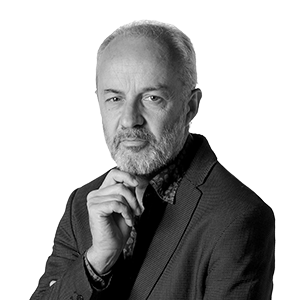How is Illa similar to Pujol?


When Jordi Pujol won the elections against the odds in 1980 and became president of the Generalitat, he did so thanks to his pragmatic interpretation of Catalan centrality. Contrary to the dominant intellectual and journalistic climate, he interpreted the country as not strictly leftist (the Socialists and Eurocommunists had seized power in the main municipalities, including Barcelona, a year earlier), and above all, not Marxist, much less a rupture-seeker. He gained strength in popular Catalan identity, without anti-Franco stridency; in the calm, orderly change.
It was a time of great fervor and plurality. A change of era. There was still saber-rattling. A year later, Tejero's coup d'état would arrive. It was not easy to interpret the majority's ideological and sentimental sentiment. There was, yes, a desire to turn the page, but without hurting ourselves. Pujol, therefore, was right, and in a fragmented landscape, he took the lead, with 27.8% of the vote. He was invested with the votes of the centrist Spanish pro-Canadian UCD (10.6%) and the Catalan nationalist ERC (8.9%).
When, just over a year ago, in May 2024, Salvador Illa's PSC (Spanish Socialist Workers' Party) won the elections to the Catalan Parliament, the Catalan panorama was also confusing, with the post-independence process still unresolved and a turbulent and unstable Spain. Illa obtained practically the same support as Pujol in 1980: 27.9% (one tenth more). And he was invested with the votes of ERC (13.6%) and Comuns (Comuns) (5.8%). ERC and Comuns combined for 19.4% of the vote (one-tenth less than the combined 19.5% of the vote for UCD and ERC in 1980).
What Catalan centrality has Illa embraced? Like Pujol, with whom he shares a practicing Christianity, he also embraces a pragmatic and possibilist centrality. He embraces a moderately progressive and Catalanist centrality. His ideological formula is that of a liberal left (guaranteeing the welfare state, educating in favor of taxation, and promoting wealth creation) and that of a pluralistic Catalonia within a federal Spain. We can say that he has learned the lessons of two major failures. On the one hand, the failure of Rivera and Arrimadas's Ciudadanos party, which at one point seemed to tip the PSC toward Lerrouxism. The disappearance of Ciudadanos has convinced Illa that in Catalonia, Spanish nationalism always ends up being very right-wing. On the other hand, the failure of the independence movement, which has confirmed his commitment to strengthening Catalonia within Spain.
Illa's centrality, then, is similar to that of Catalanism from its origins, more than a century ago: democratic regeneration, the welfare state (it wasn't called that back then), economic progress, reform of Spain, growth of Catalan self-government, strengthening of the Catalan language (without renouncing Castilian). In reality, it is Pujol's own program, although the rhetoric and accents of each differ. Pujol practiced a discourse primarily based on identity and nationalism; Illa articulates a discourse primarily based on social, economic, and management. Despite its weakness then and now, ERC influenced the former and is influencing the latter. But there's a key difference: Pujol had to face a strong socialist opposition, while Illa currently has a weakly consolidated Junts (with Puigdemont in exile) in the opposition and the advantage of being able to present himself as a check and antidote to the rising far-right (Vox and Aliança).
With the legendary Companys and Macià, there are few parallels. Too bold and risky. But what does Illa have with Tarradellas, Cambó, or Prat de la Riba? Of all three, it's a vocation for power. We can compare him to the final Tarradellas, the one who flees Catalan nationalism and embraces progressive Spain, and also, perhaps, to his desire for persistence, for continuity. We can attribute to Cambó the political professionalization—the leader of the League was the first in Spain to create a modern party machine—the ambition to move towards a first-division country, and the idea of "Catalonia out." And to Prat de la Riba? The desire to unite diverse sensibilities, without sectarianism, in a modern and innovative management of the administration.
Pujol was in power for 23 years. We'll see how Illa fares.
